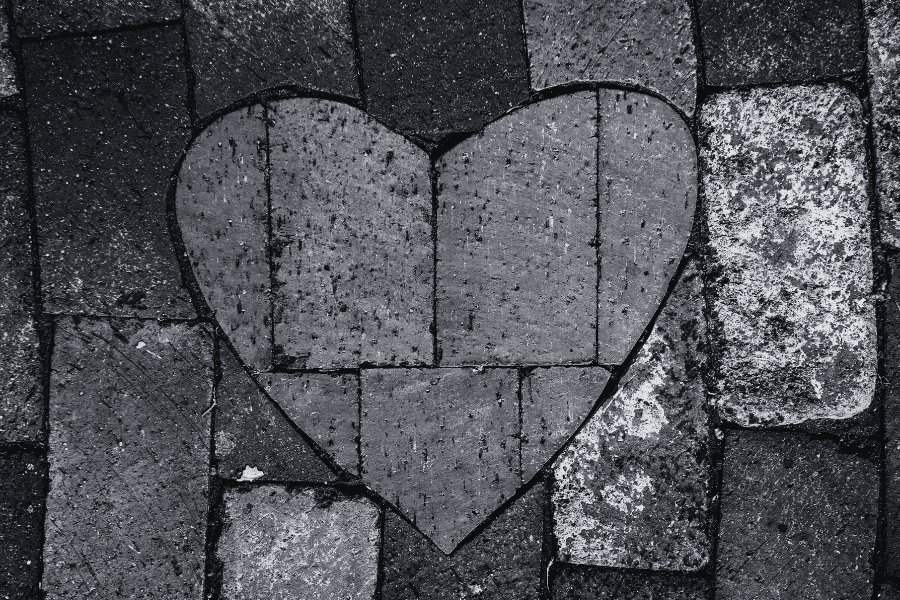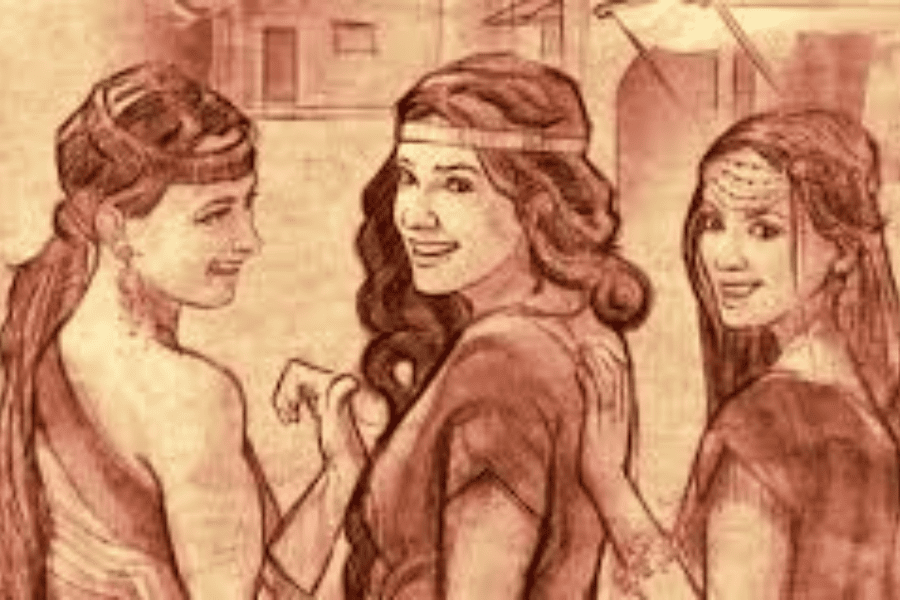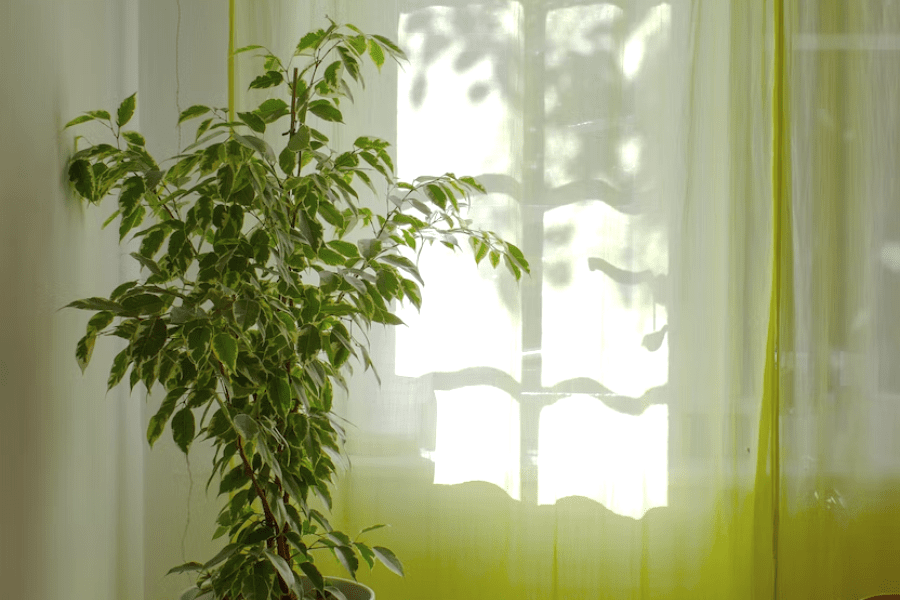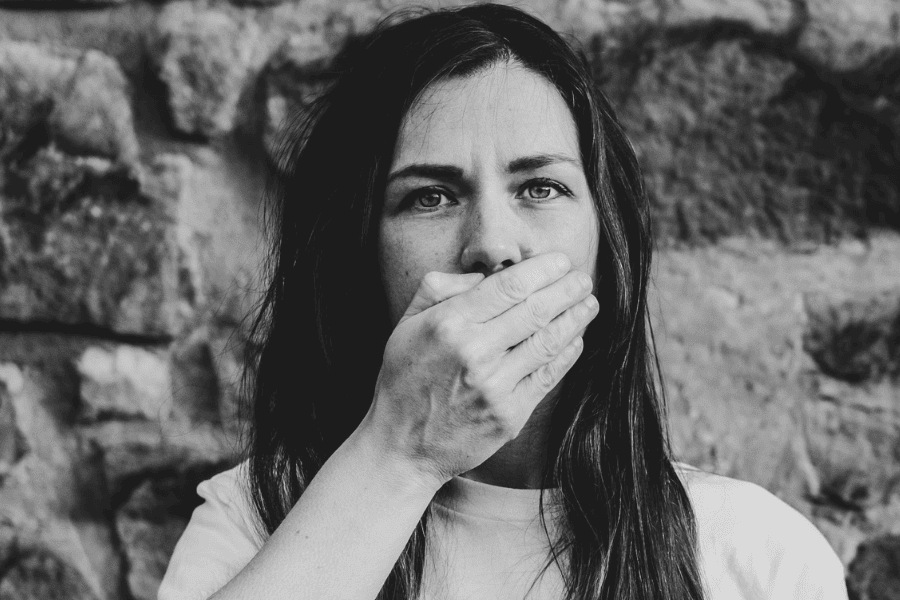פרשת "וישלח", ובתוכה מעשה אונס דינה, אינה מתירה לנו שלא לשאול שאלות על שהתרחש. מקומם של האחים, של יעקב, ובעיקר צעקתה של דינה מהדהדים בחיינו בהווה. חלילה לנו מלהסיט מבט, מלשתוק, וחלילה לנו להמנע מלהתייחס לפגיעות מיניות במסגרת המודעות של קהילותינו.
The English version follows the Hebrew version
אזהרת טריגר
Trigger Warning
התוכן שלפניך עשוי להיות קשה לקריאה ומעורר רגשות של עצב וכאב.
אפשר לבחור לדלג ואפשר לבחור לעצור באמצע הקריאה.
מומלץ להקשיב לעצמך בזמן הזה.
קריאה לשבירת מעגל השתיקה הקהילתי סביב פגיעות מיניות
תמיד יש סיבה טובה מדוע לא לעסוק בפגיעות מיניות במסגרת הקהילתית. אחד הטיעונים המרכזיים הוא שמדובר בנושא שהוא בתחומי צנעת הפרט, "דברים שהשתיקה יפה להם", שאין מקום לחושפם לעין כל. עוד נאמר שקהילה כוללת גם ילדים וילדות, ואין אנו רוצים לחשוף אותם לדברים שטרם מתאימים לגילם. ובעוד שברוב הפשעים והעוולות האחרים ברור מי הוא הפוגע ומי הוא הנפגע, הרי שבמקרה של פגיעה מינית קל להתגדר בעמדה שלפיה כל עוד אין אנחנו יודעים בדיוק "מה באמת היה" אל לנו לדבר, ובטח שלא להוקיע.
לטיעונים אלה נוכל למצוא מענה:
לגבי הטיעון הראשון, העוסק בצנעת הפרט, נזכיר שהיהדות, ובפרט ההלכה היהודית, עוסקת – או לפחות שואפת לעסוק – בכל תחומי החיים. כבר בעשרת הדברות אנו מוצאים את איסור "לא תחמוד": איסור הקיים בגבולות המחשבה. (וכי היש צנעת פרט גדולה מזו?). גם הגבלות על מזון במסגרת דיני הכשרות נמצאים במסגרת תחום הפרט, ועוד ועוד. טהרת המחנה, אם כן, צריכה להישמר בכלל תחומי החיים. אילו פגיעות מיניות היו סיפורים נדירים מאוד, או שהאפקט שלהן היה מצומצם ביותר, רגעי וחולף, אז אולי היינו יכולים לומר שכאן צריכה ההלכה לעצור. אך כיוון שהמציאות היא הפוכה, נאמר שגם כאן, הקהילה וצריכה לגבש עמדה ברורה על ערכיה, ועל המוגנות שהיא שואפת להשיג עבור חברותיה וחבריה. אנו צריכים להבין איך אפשר לשמור על המחנה שלנו. בסיפור דינה בפרשת השבוע נראה שהדרך היחידה המוצעת "לטהר את המחנה" היא דרכם של שמעון ולוי, של אלו ש-"חמס מכורתם", המטהרים על ידי הרג. האם נוכל לחשוב על דרכים אחרות, חינוכיות ותרבותיות יותר, לטהר את מחננו? לטהר אותו מדיבור פוגעני, מיחסי ניצול, מאי-שוויון שמוטמע בו מעצם קיומו ומתחום רחב מדי של "אפור"?

בנוגע לטענת ההגנה על הילדים: אילו היו הפגיעות המיניות תחומות אך ורק למבוגרים, נניח מגיל 40, או 30, ולא מתקיימות בגילאים צעירים בהרבה (אנשי המקצוע יודעים לספר על פגיעות בגילאים כל כך צעירים שלא נוכל אפילו לדמיין) – ניחא. יותר מזה, לא מדובר בעיסוק במעשי אהבה שראוי לעסוק בהם בזמנם המתאים, אלא בפשע, ובמניעה שלו. מכיוון שכך, חשוב שנוכל לדבר על מעשה הפשע במסגרת הקהילה. נכון שבמסגרות שכוללות ילדים צעירים יש להתאים את הדברים לגילם ולתפיסות המוגנות שלהם, אבל במסגרת הקהילתית הרחבה, שבה אנחנו מחנכים ליושר, לאהבת אדם, לערכים ומסורת, אסור לנו להחריג את התחום הזה של הפשיעה והפגיעה, פשוט מפני שהוא קיים, ועלול לפגוע גם בבנינו ובבנותינו.
האם נרצה שבמקרה כזה הם יתביישו וירגישו אשמים, אפילו שהם הנפגעים? או שמא עדיף שעמדתנו בנושא תהיה ברורה באופן כזה שהם ידעו שאנו מתנגדים באופן חד־משמעי לפגיעה כזו, שלא נחפה על פוגע או פוגעת, ושנגן ונחזק נפגעים ונפגעות? בפרשה שלפנינו, מה היו העקרונות המנחים של יעקב ובניו, אחיה של דינה? נראה שהדבר היחיד שממנו נוכל ללמוד הוא שתיקתם, ובעיקר שתיקתו של יעקב, ש"מחריש עד בואם". אחר כך אנחנו שומעים שהם מתעצבים אל ליבם על מעשה הנבלה. נראה שבראש ובראשונה הפגיעה בדינה היא עבורם פגיעה בכבודם, כבוד המשפחה (ומכאן גם התגובה התקיפה של שמעון ולוי). ומה קרה לדינה עצמה? זה פחות חשוב, לכאורה. היא לא נזכרת יותר עד לסוף הפרשה, והדבר זועק כל כך, עד שנדרש ספר שלם, "האוהל האדום" כדי למלא את הפער הזה. האם התקדמנו מאז? האם "הכזונה יעשה את אחותנו" שמכוון ישירות לכבוד המשפחה, נשאר הערך היחידי שבו נוכל לאחוז, ושלאורו נחנך גם את הצעירים והצעירות?
על הטענה האחרונה שהעליתי, שלפיה לא תמיד אפשרי (ויש המחמירים ואומרים: לעולם אי אפשר) לדעת "מה באמת קרה", נאמר שהדברים לכל הפחות אינם סותרים עיסוק כללי בנושא בקהילות שלנו, אמירות חד־משמעיות נגד ניצול יחסי כוח ונגד פגיעה בכלל, שרטוט קווים אדומים בקהילה והעלאת המודעות לנושא; כל זאת עוד לפני ששפטנו מקרה כזה או אחר. וכשמקרה כזה יגיע לפתחנו, לפחות נוכל להגן על זכותה של הנפגעת או של הנפגע להשמיע את קולם, ולדרוש בירור של טענתם. האם גם זו דרישה מוגזמת מדי? כמובן שלא נוכל לתת יד לתיוגם של נפגעים כ"משוגעים", תוך השחרת פניהם. איכשהו, השחרה כזן קורית מיד בתגובה לחשיפת סיפור פגיעה. איכשהו, צנעת הפרט שלהם מותרת מיד, והם מאבדים את זכותם ליחס הוגן. כל זאת בזמן שהנפגע, פעמים רבות רב כוח והשפעה, נותר בגדר צנעתו הקדושה, שפוטרת אותו מכל התייחסות לטענות שהועלו. קולה המושתק של דינה הוזכר בפסקה הקודמת, אבל ציווי מפורש להשתקה אנחנו מוצאים בסיפור קשה אחר, מעשה אמנון ותמר, שבו מורה אבשלום לאחותו הפגועה: "וְעַתָּה אֲחוֹתִי הַחֲרִישִׁי אָחִיךְ הוּא אַל תָּשִׁיתִי אֶת לִבֵּךְ לַדָּבָר הַזֶּה" (שמואל-ב' י"ג, כ'), והמשך הפסוק מגלה מיד מי משלמת את מחיר השתיקה: "וַתֵּשֶׁב תָּמָר וְשֹׁמֵמָה בֵּית אַבְשָׁלוֹם אָחִיהָ".
ראוי גם לנו שנשאל על מחיר ההשתקה והזהירות. נכון, הזהירות היא מידה טובה, וצניעות המידות היא ערך ראוי, ובכל זאת: מהם המחירים שלהם? מי בדרך כלל משלמים ומשלמות אותם? לטעמי, פרשת "וישלח״, ובתוכה מעשה אונס דינה, אינה מתירה לנו שלא לשאול את השאלות הללו בקהילות שלנו, ואנחנו לא יכולים יותר להתעלם מהן.
*(כיצד משתיקין) / יורם גלילי
כֵּיצַד מַשְׁתִּיקִין
בַּמֶּה מַכְחִישִׁין
כֵּיצַד הָרֶגֶל מוֹעֶדֶת
וְאָז גּוּפָהּ שֶׁל בַּהֶרֶת.
הַחוֹבֵל בַּחֲבֵרוֹ, וּבְתַלְמִידוֹ, וּבְתַלְמִידָתוֹ
וְנוֹגֵחַ אַרְבָּעָה וַחֲמִשָּׁה
הַגּוֹזֵל קַמָּא, וְאָז בָּתְרָא
וּנְשָׁמָה שֶׁהֻפְקְרָה
כָּל הַמְּטַמְּאִין בְּאֹהֶל
וְכָל הַמְּנַצְּלִים בְּאֵין רוֹאֶה
לֶחֶם הַפָּנִים לַכֹּהֵן
וּבֹשֶׁת הַפָּנִים לְנִפְגַּעַת
וְהַקְּבִיעָה: "סוֹטָה!"
הִיא מִנְחַת הַחוֹטֵא
הַזִּיז מֵבִיא אֶת הַטֻּמְאָה
שׁוֹפֵךְ עַל רֹאשׁ מֵי שֶׁמֵּעֵז
לְהַשְׁמִיעַ אֶת קוֹלוֹ
לִטְעוֹן שֶׁזּוֹ צָרַעַת, לֹא בַּהֶרֶת
הוּא כְּבָר יִלְמַד הֵיטֵב
מִמִּי שֶׁהֶחֱשִׁיךְ
בַּמֶּה טוֹמְנִים, עָמֹק טוֹמְנִים.
תכנים נוספים על ״שבוע דינה״:
רוצה לקבל עדכונים ממגזין גלויה?
הפרטים שלך ישארו כמוסים וישמשו רק למשלוח אגרת עדכון מהמגזין מפעם לפעם
קווי החירום לנפגעות ולנפגעי תקיפה מינית
שאלון זיהוי למצבי סיכון
שאלון אנונימי של משרד הרווחה שנכתב עם מומחים לטיפול
כדי לזהות את מצבך או את מצב הסיכון של בן או בת משפחה ובסביבתך הקרובה.
And Now My Sister, Speak | Yoram Galili
We must ask questions about the sexual abuse and the suffering of Dinah in Parshat Vayishlach's, about Jacob and his sons and above all, we must listen to the laws and draw conclusions from them for our lives today. This story and broader issues of sexual abuse should not be ignored or dismissed by our communities.
Trigger Warning
The content here may be difficult to read and may evoke feelings of sadness and pain.
You can choose to skip it or to stop reading in the middle.
Try to listen to yourself at this time.
A Call to Break the Communal Circle of Silence Around Sexual Assault
There is always a good reason for not addressing sexual assault within the community.
One of the common claims is that it is something that infringes upon the right to privacy, that these are "things that are best kept quiet", that they should not be exposed in public or mentioned. It is also claimed that a community also includes children – girls and boys – whom we don't want to expose to things inappropriate for their tender age. And finally, we can say that while in many cases of other crimes the identity of the perpetrator and of the victim are plainly obvious, here we hide behind the stance that we don't really know "what happened", and until we do – we should not talk about those involved and certainly not condemn.
These are weighty and worthy claims but that doesn't mean that they should remain unchallenged:
Regarding the first claim, that of the right to privacy, it should be mentioned that Judaism in general and halakha (Jewish law), addresses – or at least aspires to address – all aspects of life. From the Ten Commandments which include the prohibition against thinking certain things i.e., "You shall not covet" (is there anything more private than that?) up to food-related restrictions as part of the laws of Kashrut, halakha abounds with matters belonging to the framework of the individual. Safeguarding the purity of the community therefore pertains to most areas of life.
If sexual assaults were a negligible phenomenon or if their impact were minor, momentary, and temporary, we could perhaps say that the halakha should not intrude. Because reality is exactly the opposite, we can assert that here too the community should voice its values and the aspiration for its members' safeness. In the story before us in Parshat Vayishlach, the only way proposed to "purify the camp" seems to be that of Shimon and Levi, of those whose "tools are weapons of violence", purifying through killing. Can we not think of other, more educational and cultural ways to purify our community? To purify it from hurtful speech, exploitation, built-in inequality, and an excessively broad field of "gray"?
In direct continuation to this, with regard to the claim about protecting our children – if sexual assault was restricted solely to adults, say from age 40 or 30, and non-existent among much younger ages (professionals tell of assault at unimaginably young ages) – then perhaps the claim would have some validity. Moreover, if this was about different manifestations of love, we could say that there is an appropriate time for everything. Because we are dealing with crime, and not love, it is important to be able to talk about it, and to prevent it, including within the community. It is true that in frameworks with a majority of young children, things should be adapted to the relevant age and conceptions of safeness, but within the broader communal framework where we educate towards honesty, a love for all people, values and tradition, it is impossible to exclude this area of crime and assault simply because it exists and may also meet our sons and daughters.
Do we want them to be embarrassed and feel guilty in such cases, even if they are the victims? Or is it better to adopt a clear stance on this issue so they know that we unequivocally object to sexual abuse, that we won't cover for any perpetrator, that we will defend, strengthen, and support victims? In the parsha before us, what were the values of Yaakov and his sons – Dinah's brothers? It would seem that the only thing we can infer is their silence and primarily that of Yaakov who "kept silent until they came home", after which we learn merely that they are distressed at Shechem's depraved behavior. This assault on Dinah seems, for them, to be an assault on their honor, on the honor of the family (explaining the aggressive reaction of Shimon and Levi). What happened to Dinah herself? That is apparently less important. She is not mentioned again in this parsha, an omission so blatant that it required an entire book – 'The Red Tent' – to fill in the gap. Have we progressed since? Does "Should our sister be treated like a whore?", that refers directly to the family honor, remain the sole value we can cling to and educate our youth according to?
About the final claim I raised, whereby it is not always possible (and some take a hard line and say: it is never possible) to know "what really happened", we can say that at the very least, this does not contradict the need for a general discussion of the issue within our communities, for unequivocal statements against manipulative power relations, and against abuse in general, for an outlining of our community's red lines, and for raising the awareness of such issues. All this even before we judge any individual case. And if a specific case does arrive at our door, we can at least defend the right of the victim to make their voice heard and to demand inquiry into their complaint. Is this also an exaggerated demand? Furthermore, we must not agree to them being inevitably and immediately labeled as "crazy" and with their reputations being blackened, as somehow their privacy and right to fair treatment are relinquished, while the often powerful and influential perpetrator maintains their sacred privacy which exempts them from responding to any claims raised.
Dinah's silenced voice was mentioned in the previous paragraph but the explicit command to silence someone can be found in another traumatic story, that of Amnon and Tamar, where Avshalom instructs his violated sister: "But now, sister, keep quiet about it; he is your brother. Do not brood over this matter" (2 Samuel 13:20). The continuation of the verse immediately reveals who pays the price of this silence: "And Tamar remained forlorn in her brother Absalom's house".
We should also ask about the price of the silencing, and of caution. Granted, caution is a positive trait and modest virtues are a worthy value, and yet, what are the prices? Who usually pays them? In my opinion, the central message of Parshat Vayishlach and its story of Dinah's rape, is one which does not permit us not to ask these questions and not to relate to them within our communities.
תכנים נוספים על ״שבוע דינה״:
רוצה לקבל עדכונים ממגזין גלויה?
הפרטים שלך ישארו כמוסים וישמשו רק למשלוח אגרת עדכון מהמגזין מפעם לפעם




